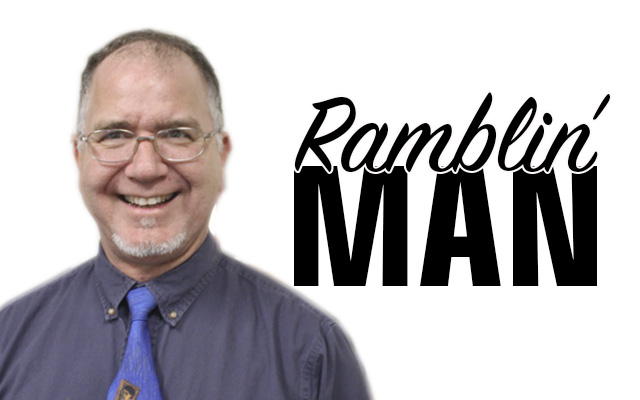“We’ll pay you with your freedom.”
“I have my freedom. You mean you’ll pay me with my liberty.”
From “Shibumi” by Trevanian
Liberty is an external condition in which a person has the ability to make choices about his or her physical situation without interference from authoritarian forces. As people who enjoy liberty, we can choose where we live, what we eat, what media we consume, and gather with other people without interference. Liberty always comes with limitations, of course. Try exercising your liberty by speeding down Main Street at 100 mph, and just see how quickly you come across restrictions on that same liberty. As a group, we recognize the need for reasoned limitations on our own liberty, but are usually cautious when loosening or tightening those restrictions. Despite these limitations, the truth is almost everyone enjoys a great deal of liberty in western societies, and especially in the United States of America.
The concept of freedom is related, but also different from liberty.
Freedom, at its core, is an intrinsic characteristic of self-directed people that has no limitations. Unless society chooses to forcibly control your brain through chemical or surgical means, we all have the potential to be free in our own minds and bodies. We are free to think and feel however we wish. For all practical considerations, every human being, regardless of the type of government, culture or physical situation in which he or she resides, can be free.
As Victor Frankl showed us in his amazing account of his experience in a Nazi concentration camp, “Man’s Search for Meaning“, a person who has lost liberty can still be free.
It is a truth that some folks who enjoy liberty do not actually use their freedom. We decline to exercise our freedom when we allow outside forces such as incarceration, our childhood experience, propaganda, and societal pressures to determine our thoughts and actions. We relinquish our freedom when we use our liberty to choose ignorance over enlightenment, accept resentful drudgery over willing service, or refuse to change our path to the future when we can see how the mistakes of our past have created an unfortunate present.
Freedom is the unlimited ability to choose, while liberty is the limited capability to carry out that choice. I am free to choose to be an astronaut, but only a few men and women have the means to achieve that goal.
Why is this subtle difference important?
Sometimes we feel as if we have no choice. Sometimes we look around and believe we cannot change our situation, think that whatever hopeless future we face is our inevitable fate. We may forget we are each free.
No one has the ability to wave a wand to make the spouse stop beating the victim, the magical power to snap a finger to unlock the door to the prison cell, or possess the psychic ability to win the lottery. We do, however, always have the freedom to make the sacrifices to cease being a victim, to pay a debt to society in order to leave the prison, or to walk away from a devil’s bargain.
While some person, organization or situation may work to restrict our liberties, only the individual person can choose to ignore their freedom and accept those restrictions, or that individual can accept their freedom as a responsibility and strive for an existence of their own choosing.
Andrew Birden is the general manager at Northeast Publishing, a division of Bangor Daily News. People can reach him at abirden@bangordailynews.com or (207) 764-4471.








